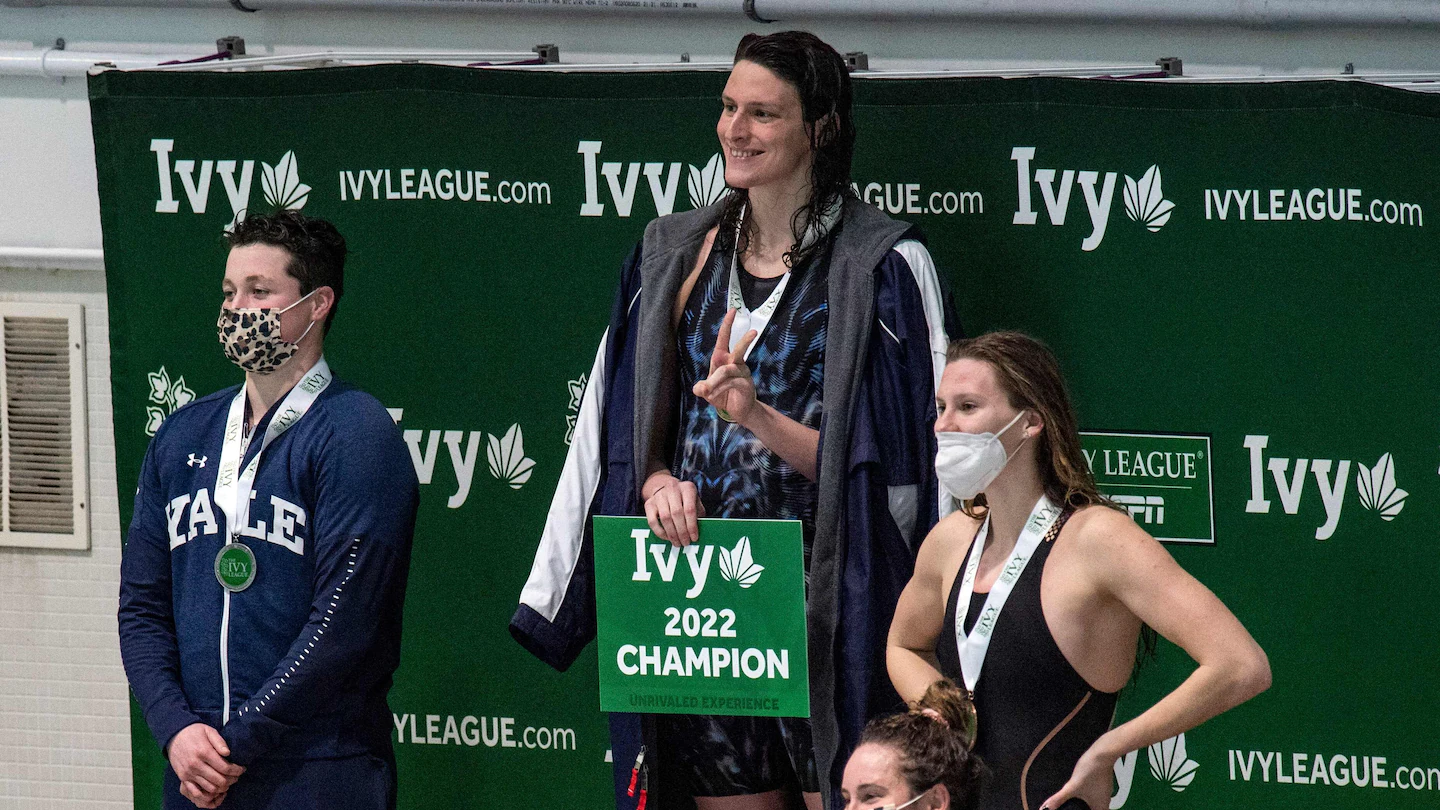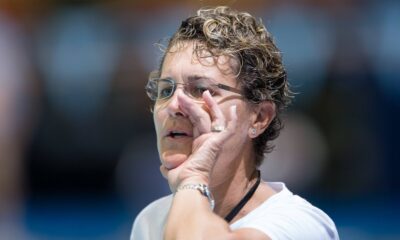
FINA is working to establish an “open” category for swimmers whose gender identity is different from their gender.
The decision was passed at a conference held during the World Championships in Budapest with 71 percent of the votes cast by 152 eligible members of the Union.
“FINA’s approach in drafting this policy was comprehensive, science-based and comprehensive,” said Brentnovitzki, Executive Director of FINA. Told the BBC.. “And, importantly, FINA’s approach emphasized the fairness of competition.”
Regulations apply three months after Lia Thomas of the University of Pennsylvania became the first openly transgender woman to win the NCAA Division I Swimming title. First finish with 500 yards freestyle.. Her rise has intensified the debate about the position of transgender swimmers in sports.Thomas said recently She wants to compete in the 2024 Paris Olympics.
Hundreds of swimmers have signed letters to support Thomas and all transgender and non-binary swimmers. However, while Thomas’ teammates and some of her parents supported her transition to Thomas, she anonymously wrote that she felt unfair to compete with other women.
FINA will use the next 6 months to create an open category for the contest.
“FINA always welcomes all athletes,” said FINA President Hussain al-Musalam. “Creating an open category means that everyone has the opportunity to compete at the elite level. This has never been done before, so FINA needs to take the lead. Ideas in the process. By being able to create, I want all athletes to participate. “
This ruling has hit transgender athletes and their supporters. This includes former Harvard swimmer Schuyler Bailer, the first trans-gender man to compete as a man in the NCAA Division I sport. He said in a text message that the announcement was “ravaged.”
“This decision requires transgender girls to transition by the age of 12, but in the United States, a bill banning transgender children from playing youth sports and considering transition resources for children as a crime. There are nearly 100 cases, and it is no longer possible to play sports in any position, “Bailar added. Thomas’s friend and advisor. “FINA’s decision does not maintain the integrity of women’s sports. It is the ongoing detrimental crackdown on women’s bodies and the continuation of trance people who are already experiencing massive discrimination in the world. Decline and force others. “
Athlete Allie, an LGBTQ advocate who wrote a letter in support of Thomas in February, also opposed the policy.
“FINA’s new eligibility criteria for transgender athletes and athletes with intersex variations are discriminatory, harmful, unscientific and not in line with the 2021 IOC principles.” Tweet read. “If we really want to protect women’s sports, we must include all women.”
Former British swimmer Sharron Davies, Tweet Her support for FINA’s decision.
“I don’t know how proud I am of my sport … for doing science, asking athletes / coaches, and standing up for a fair sport for women,” she writes. I am. “Swimming always welcomes everyone, no matter how you identify it, but fairness is the basis of the sport.”
Swimming joins other sports that have recently imposed strict restrictions on transgender athletes. On Thursday, the Union Cycliste Internationale, the governing body of cycling, extended the time that gender-changing riders had to wait before competing from one to two years.















